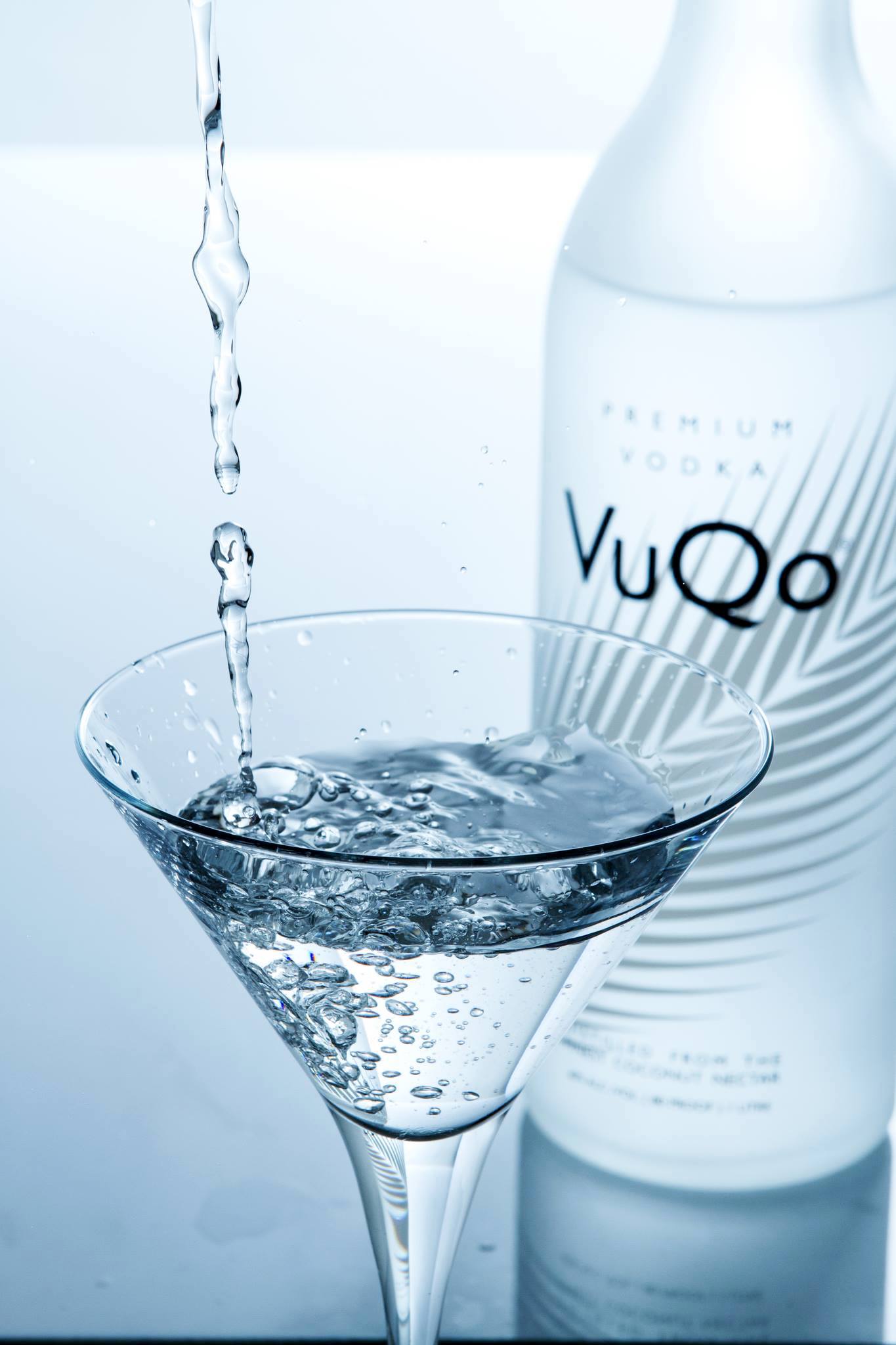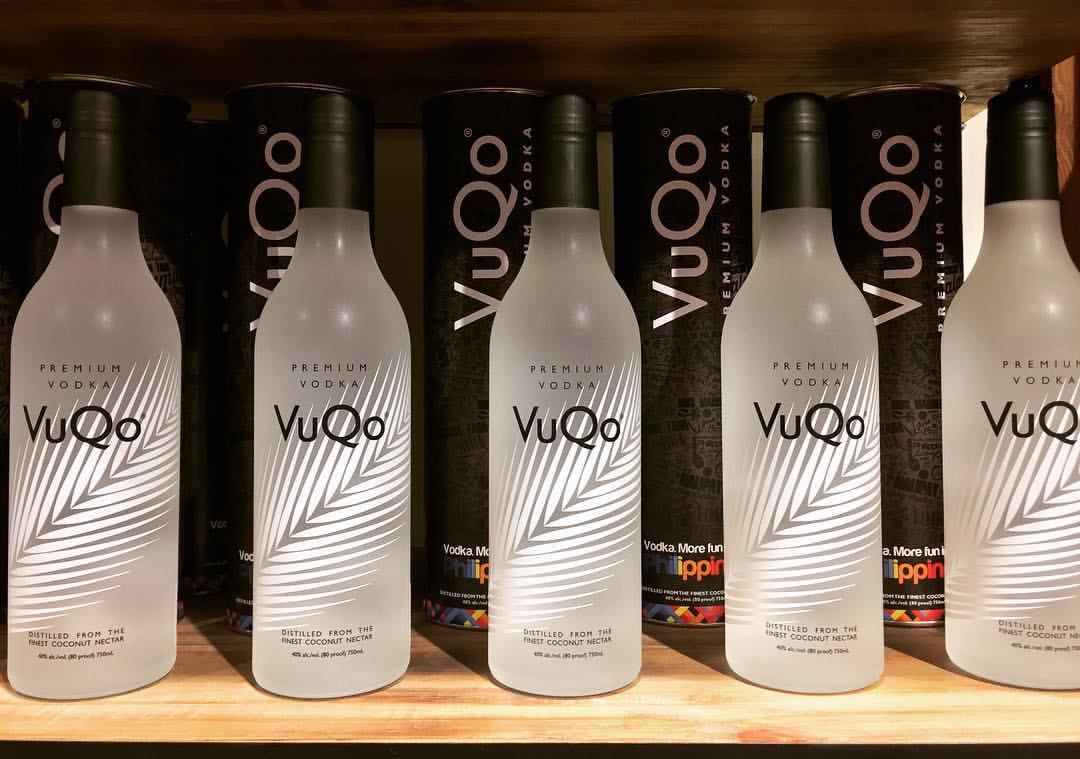A spirited beverage scene has been bubbling up in Manila over the past few years. From the growing number of speakeasies to the widespread appreciation for gin, whiskey, and sake, the city is fast becoming a hub for crafty and chic concoctions.
The Philippine market began brewing its love for liquor just recently but unknown to many, the country has actually been producing world-class liquors for many decades now. And thanks to the Philippines’ vibrant drinking culture, old brands are enjoying renewed recognition and pints of pride.
Manila’s oldest distillery, Destileria Limtuaco, has been in the business of beverage for over 160 years and it has created a portfolio composed of brands both professional mixologists and home drinkers have loved. Its credentials lists internationally embraced spirits made with homegrown ingredients like the Paradise Mango Rum, Amadeo Coffee Liqueur, and Manille Liqueur de Calamansi. Another product that has been giving the country good rep is Don Papa Rum, a premium rum distilled in Negros. It was founded in 2011, has already gone on roadshows in the US and Europe, and has received multiple recognition not just for its label design but also for its bold flavor.
“If you were to ask me me a few years ago if we were still going to be around, it was a bit off because nobody really understood what we were trying to do,” Rich Cabael says. “I mean, a vodka made from coconut? Who would have thought?”
Spirits are again in vogue and Filipino-American Rich Cabael is taking advantage of this by having his 10-year-old VuQo ride the wave. The local liquor brand saw a total of a decade in the making, with four years going into the study of trying to make such a drink work—from the science of its extraction from the coconut tree to its distillation, filtration, processing, and all other technical aspects.
It was a harrowing trial-and-error process for the company, which failed the certification test four times before the owners could rightfully label the drink a legitimate vodka and not what many confuse it to be. “It technically isn’t lambanog anymore,” Cabael says. “Lambanog is basically just distilled coconut, a backyard industry of sorts. VuQo is a vodka, which undergoes a much more complex process.”

Selling a concept such as VuQo abroad was even more of a challenge for Cabael, which he had done long before any foreigner thought of consuming any sort of coconut drink. But it was also its uniqueness that eventually gave the company the edge it needed to finally take off.
Cabael promoted the drink through various events both big and small, beginning with humble Filipino communities in Los Angeles and San Francisco. Though acceptance was initially slow, the coconut trend eventually exploded in the US, thanks to the fruit’s health benefits, sealing VuQo a more stable place in the foreign market. Soon enough, VuQo found its presence in more high-profile events, such as in renowned television series like “The Office” and “Desperate Housewives” as well as the prestigious Emmys and Academy Awards. Aside from the original premium vodka, VuQo also partnered with Playboy and Green Palm for their own respective lines of coconut vodka, with the Playboy variation being smoother and Green Palm being 100 percent gluten-free.
Outside the Philippines, VuQo had everything gunning against it—an exotic concept, a skeptical international market, and a formula unlike any other alcohol in the world. (It is currently the only vodka made out of coconut nectar). But in the end, it proved itself to be the drink that could. Cabael himself was surprised at the reception of his creation and thinks it still needs a lot more work and polishing.
“If you were to ask me me a few years ago if we were still going to be around, it was a bit off because nobody really understood what we were trying to do,” he says, “I mean, a vodka made from coconut? Who would have thought?”





